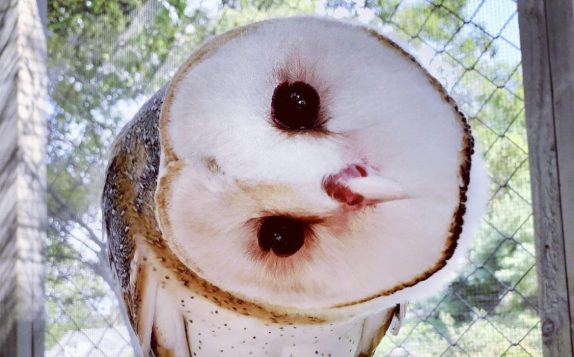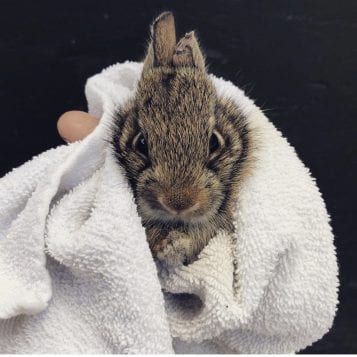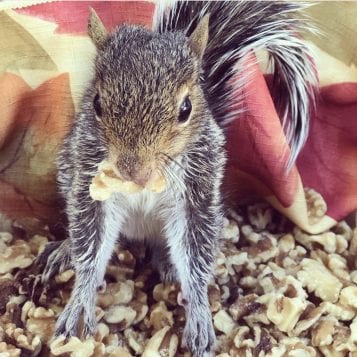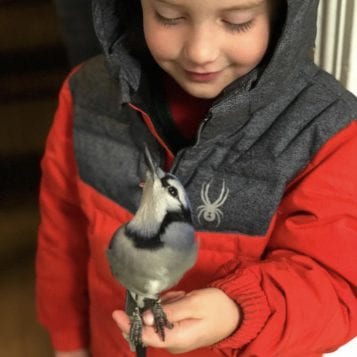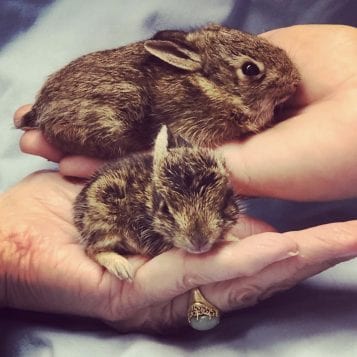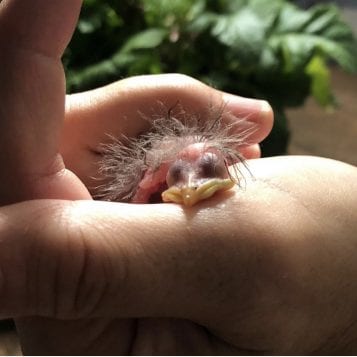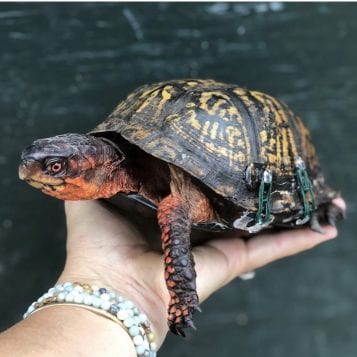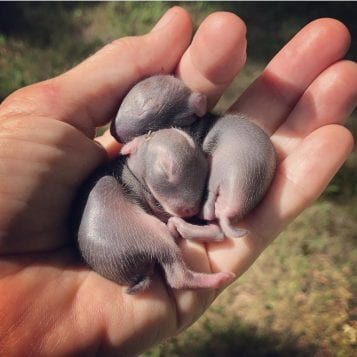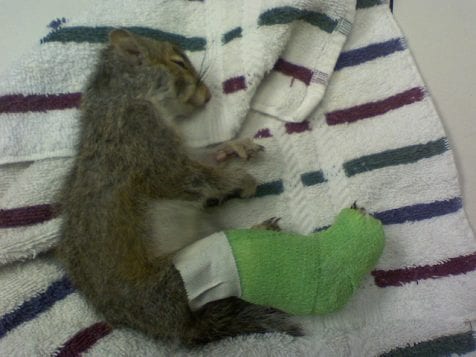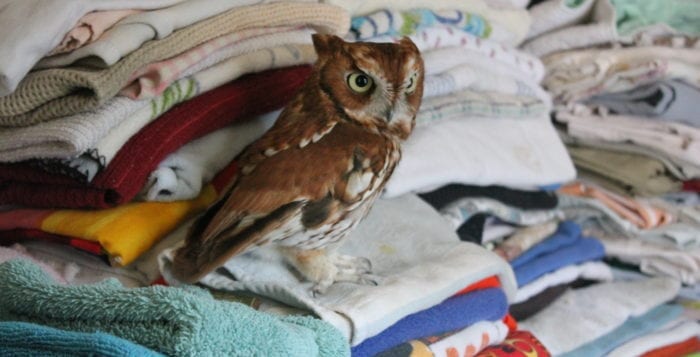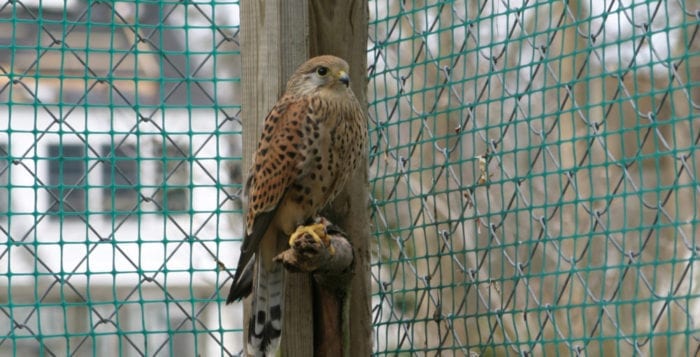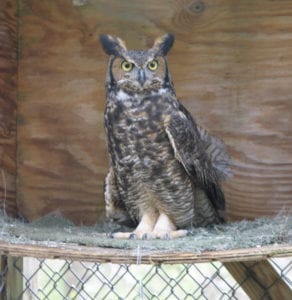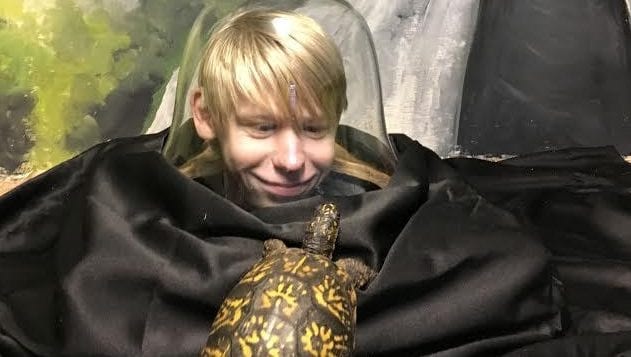By Melissa Arnold
As most businesses come to a standstill to aid in social distancing, many people are looking for ways to help their neighbors and community. While there’s plenty to do for one another, local wildlife organizations have their own plea: Don’t forget the animals.
It’s a tough time for places like the Save the Animals Rescue (STAR) Foundation in Middle Island, a non-profit which rescues and rehabilitates a wide variety of injured wildlife. They also provide a place of sanctuary for those animals not well enough to return to their natural habitats.
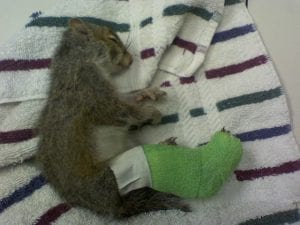
“We rescue those unusual pets that people have abandoned, birds and reptiles, guinea pigs, rabbits, and we’ve been doing this for 25 years,” said STAR Foundation co-director Lori Ketcham. “We are 100 percent reliant on volunteers, and have no paid staff or municipal support. [Normally] about 30 hands-on volunteers assist with rescues, provide animal care, clean cages, help with transport and do whatever else we need help with.”
The STAR Foundation has a long-standing relationship with the Animal Emergency Service clinic in Selden. Temporary limits on staffing and social distancing measures have added additional pressure to the clinic, and for now, STAR is no longer able to send animals to them for immediate care.
“They’re short on equipment and supplies, and what can they do? We [in the animal care field] need gloves and masks just like every other profession, and when those things are gone, they’re gone,” Ketcham said. “And while we’d happily welcome vets who are willing to provide care, not every vet is certified to work with wild animals, so we can’t turn to just anyone.”
The warmest months of the year are also the busiest times for animal rescue organizations, between the arrival of new baby animals and those that sustain injuries while out and about. STAR cares for about 150 animals at a time — currently they’re bottle-feeding baby squirrels and rabbits, caring for woodchucks and all kinds of birds, from quail to great horned owls, and small exotic pets with nowhere to go thanks to suspended adoptions.
While the foundation is keeping a skeleton crew of two to three people on-site, sanitizing regularly and staying separated as much as possible, each new person that enters the building resets that process and introduces new risks, Ketcham explained.
At Sweetbriar Nature Center in Smithtown, they have the same concerns.
“It’s certainly a big challenge for us — since we’ve been closed to the public, we have only one or two people coming in to work,” said Sweetbriar’s education director Eric Young. “Volunteers have taken some of the animals home for care, but that’s only temporary.”
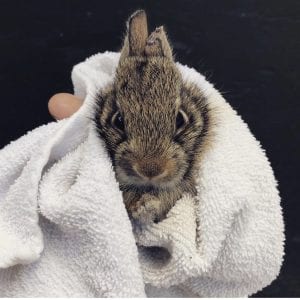
The center is home to countless animals of all kinds, from bustling ant colonies and hissing cockroaches to box turtles and groundhogs, the occasional goats and foxes, to name a few. Young estimates there are around 50 different kinds of animals on site. At the moment, its on-site Wildlife Rehabilitation Center is caring for several owls and rabbits, a hawk that suffered a gunshot wound, gulls and Canada geese, among others.
As education director, Young said he’s feeling the loss of the many students who visit the center at this time of year. Sweetbriar interacts with thousands of students annually, including in-school presentations and class field trips.
Now, with schools closed and students adjusting to digital learning in varied forms, Young is trying to find creative ways to bring the animals online.
“We’re thinking about sharing our animal presentations on YouTube, and I’m in the process of putting together resources to share with teachers,” he said.
At this point, Director of Wildlife Rehabilitation Janine Bendicksen is simply hoping for a quick end to the pandemic so that they can ensure the wellbeing of the staff.
“The Town of Smithtown covers our utilities and major repairs, but we still depend on financial support to pay the salaries of our staff, care for the animals and purchase formula, medicine and food,” Bendicksen said. “Our greatest need right now is to continue to support our staff.”
Ketcham echoed the need for continued donations in these difficult times.
“We plan our fundraisers well in advance, and without doing five or six fundraisers a year, we’re not going to make it,” she said. “We don’t know what events we will be able to hold. Everything is up in the air right now. It costs about $8,000 a month to keep the center going, and donations have slowed to a trickle. We have utility bills and insurances, cleaning, food and medical supply bills, no matter what else is going on. Without programs or fundraisers, it will become critical in no time.”
Both the STAR Foundation and Sweetbriar Nature Center are encouraging those who wish to support them with donations to send money only at this time — please protect the staff and do not bring supplies to their physical locations.
To donate to the Save the Animals Rescue (STAR) Foundation, visit www.savetheanimalsrescue.org. Call 631-736-8207 for urgent assistance with wildlife.
To donate to Sweetbriar Nature Center, visit www.sweetbriarnc.org. For those who find an injured wild animal, call 631-979-6344 and leave a message.” All our phone calls go directly to an answering machine that we check each day, we will call them back and give advice. We will accept wildlife if possible,” said Bendicksen.
You can also visit the Department of Environmental Conservation website at www.dec.ny.gov and search for “wildlife rehabilitator near me” to connect with other rescue organizations in your area.

